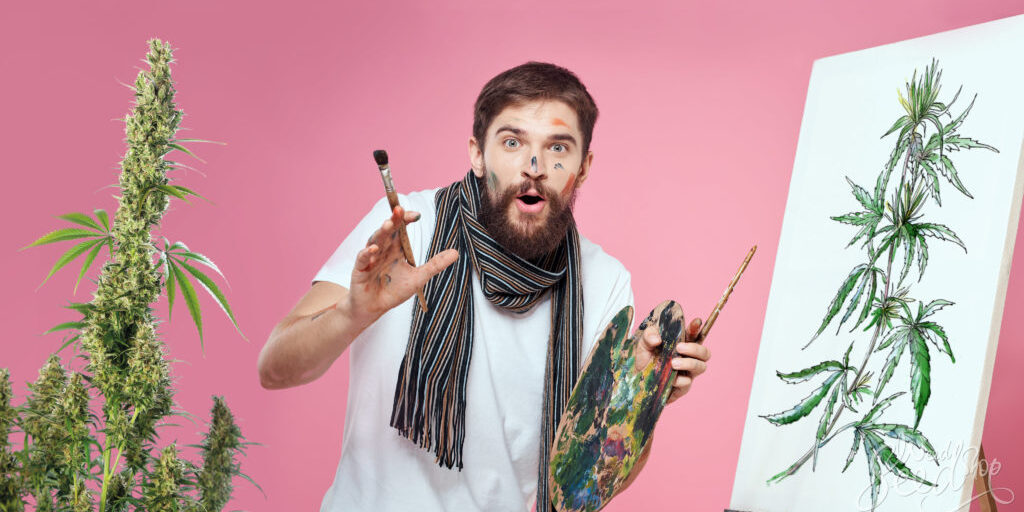Introduction:
Creativity is a fascinating aspect of the human mind that has captivated artists, musicians, writers, and innovators throughout history. From Salvador Dalí to Bob Marley, numerous influential figures have credited cannabis for enhancing their creative process. While the relationship between cannabis and creativity has been a topic of ongoing debate, there is a growing body of anecdotal evidence and scientific research that suggests a potential connection. In this blog post, we will delve into this intriguing relationship and explore the effects of cannabis on creativity.
Historical Context:
The association between cannabis and creativity is not a recent phenomenon. Various cultures have long recognized the plant’s potential to inspire artistic endeavors. Ancient civilizations such as the Chinese, Indian, and African societies have incorporated cannabis into their spiritual rituals and creative practices. In more recent history, the counterculture movements of the 1960s and 1970s embraced cannabis as a tool to expand consciousness and fuel artistic expression.
The Creative Process and Cannabis:
Creativity is a complex process that involves the generation of novel ideas and the ability to think outside the box. It often requires breaking away from conventional thought patterns and exploring new perspectives. Cannabis, with its psychoactive compounds, is thought to influence creativity by altering perception, heightening sensory experiences, and enhancing divergent thinking.
One of the primary cannabinoids found in cannabis, delta-9-tetrahydrocannabinol (THC), is known for its psychoactive effects. THC interacts with the brain’s endocannabinoid system, which plays a role in regulating mood, cognition, and creativity. By modulating neurotransmitters and neural pathways, cannabis may potentially stimulate creative thinking.
Anecdotal Evidence:
Countless artists and creatives have claimed that cannabis enhances their creative process. They often describe a sense of heightened imagination, increased focus, and a loosening of inhibitions. Many report that cannabis helps them overcome creative blocks, allowing ideas to flow more freely. However, it’s important to note that individual experiences can vary greatly, and what works for one person may not work for another.
Scientific Research:
While anecdotal evidence provides valuable insights, scientific research on the topic is still in its early stages. Limited studies have explored the effects of cannabis on creativity due to legal restrictions and societal biases surrounding the plant. However, some findings suggest that cannabis may indeed have an impact on creative thinking.
A study published in “Psychopharmacology” in 2012 examined the effects of cannabis on divergent thinking, a key aspect of creativity. The results showed that low doses of THC improved participants’ ability to generate a greater number of novel responses during creative tasks. Another study published in “Frontiers in Psychology” in 2017 found that cannabis use was associated with increased verbal fluency, a measure of creative thinking.
Potential Drawbacks:
While cannabis may have the potential to enhance creativity, it is essential to consider potential drawbacks as well. Excessive cannabis use or using strains with high THC content may lead to cognitive impairments, decreased focus, and short-term memory issues. Additionally, some individuals may experience anxiety, paranoia, or a lack of motivation when using cannabis, which can hinder the creative process.
Conclusion:
The connection between cannabis and creativity is a complex and multifaceted subject. While many creative individuals claim that cannabis enhances their creative process, the scientific research is still evolving. It’s crucial to approach cannabis use for creative purposes with mindfulness, moderation, and awareness of individual sensitivities.
Ultimately, creativity stems from a combination of factors, including personal experiences, innate talent, and the environment. Cannabis may serve as a catalyst for some individuals, sparking new ideas and perspectives. However, it is not a magical elixir that guarantees creativity. The relationship between cannabis and creativity remains

